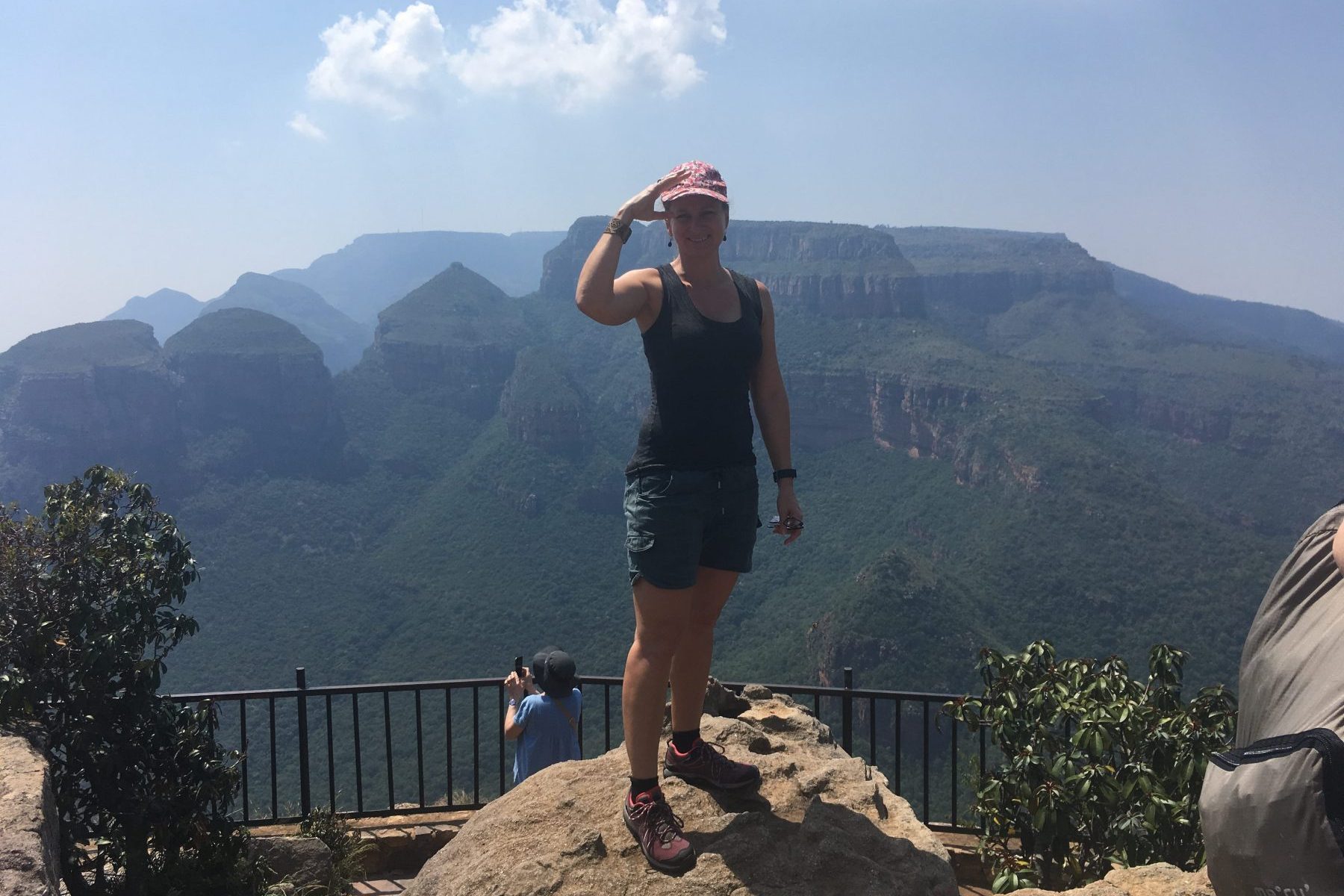Melinda McIntyre is a registered nurse/midwife who has been working with Queensland Health since 1989. She currently works as a midwife at Redland Hospital in Brisbane, QLD. Melinda has taken the time to share her experiences of a recent health care tour to South Africa.
-
Why did you want to go on a health care study tour to South Africa?
I have previously been on health care tours with Jon Baines to India and China. I’ve always thought these countries would be fascinating to visit but was a little reluctant to go on my own as I was concerned for my personal safety – I wanted the support and knowledge of an experienced leader, to ensure I was shown the ‘real’ and authentic areas of these countries. I had fantastic experiences and when the opportunity came up for travel to South Africa, I was keen to go. Again, I was a little anxious and apprehensive as the perception I had of South Africa was that it was not a safe country to travel within, so this was another reason I wanted to travel in a group. The combination of health education and professional development, sightseeing, meeting new people, amazing food and accommodation was also enticing. In the past I have used professional development leave and have claimed expenses for my travel to these countries through tax or salary packaging as it is work related, so for me it was a ‘win-win’ situation. It gives you the opportunity to witness health care in other countries in a variety of settings and the information sharing with other health professionals is invaluable.
-
How did the reality of South Africa differ from your previous perception?
Surprisingly for me I felt very safe with our experienced guide. He seemed to know everyone and the best places to visit and eat at, it was a fantastic experience. There was a contrast of richness and poverty which was quite extreme throughout the country and that approximately two-thirds of South African people live on a household income of US $240 a month. The health care varied from the most basic primary care to highly specialised services. The private sector seems to only be affordable to the middle/high income earners and attracts more highly trained professionals, leaving the public sector somewhat understaffed and underfunded. Alarmingly the incidences of death from communicable diseases was reported to be around 62% which really surprised me; TB and HIV is prevalent with 18.9% of the population HIV positive. The infant mortality rate under five years is about 33 per 1000.
-
How did South African hospitals differ to those in Australia?
Funding is very different between public and private hospitals and some of the public hospitals observed appear to be basic and overcrowded. Privacy was limited for patients. In some of the maternity hospitals, women only had a curtain between them whilst giving birth. The ratio of nurse/midwives to patients is very low. The equipment, infrastructure and wards in some of the public hospitals were observed to be very basic. The private hospitals are much like they are here in Australia.
-
What was your impression of the South African nurses, midwives and doctors you met during the trip?
They were all very welcoming and happy to talk and share information with us, and very passionate about their work, one group of midwives presented us with a song which they sing to motivate themselves and lift their spirits. Others performed a welcome traditional dance. Meeting these health professionals was a highlight of our trip, they were inspirational in their work ethic and positivity. At one public hospital a doctor presented an extremely informative and honest lecture about the challenges they are facing to improve health amongst the South African people. He had a real passion for the people and for improving their well-being. Their goals are to reduce incidence of HIV and Syphilis by education through ‘Zazi Camps’ which empower teenagers with education about contraception, protection and sexuality. They have also put in place measures to improve infant and child mortality, malnutrition and better pregnancy and birth education and outcomes. This hospital’s motto was “Fighting Disease, Fighting Poverty, Giving Hope”.
Melinda’s experiences provide great insight into what prospective attendees can expect on the Jon Baines Nursing Study Tour to South Africa in June 2020. The ACN Foundation is providing four scholarships to help our Members and Fellows enhance their professional practice. For more information visit www.acn.edu.au/scholarships.





